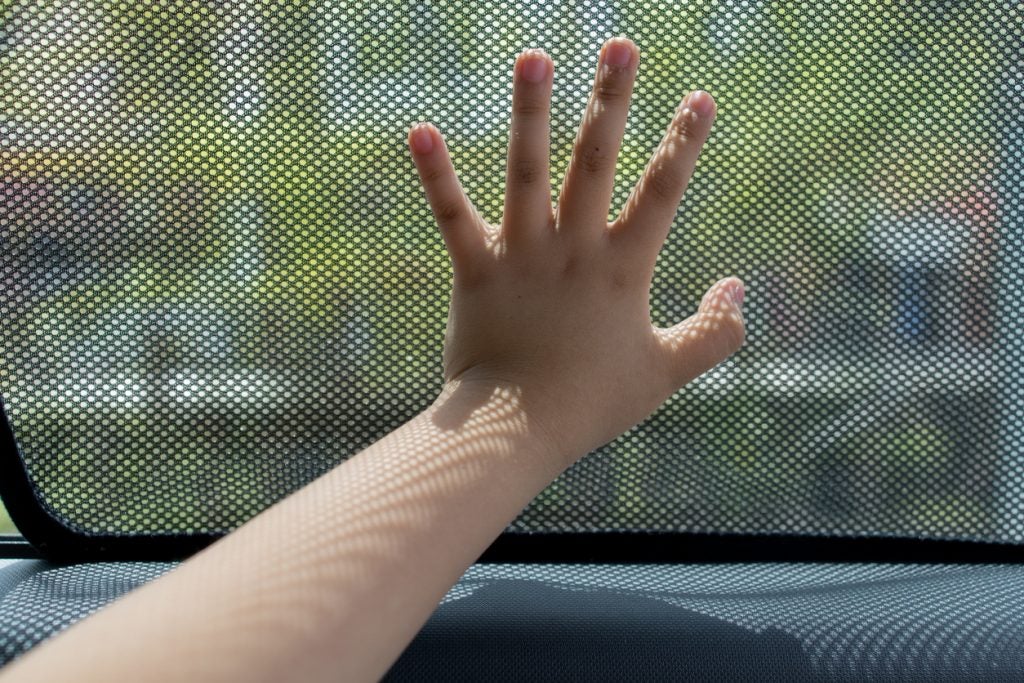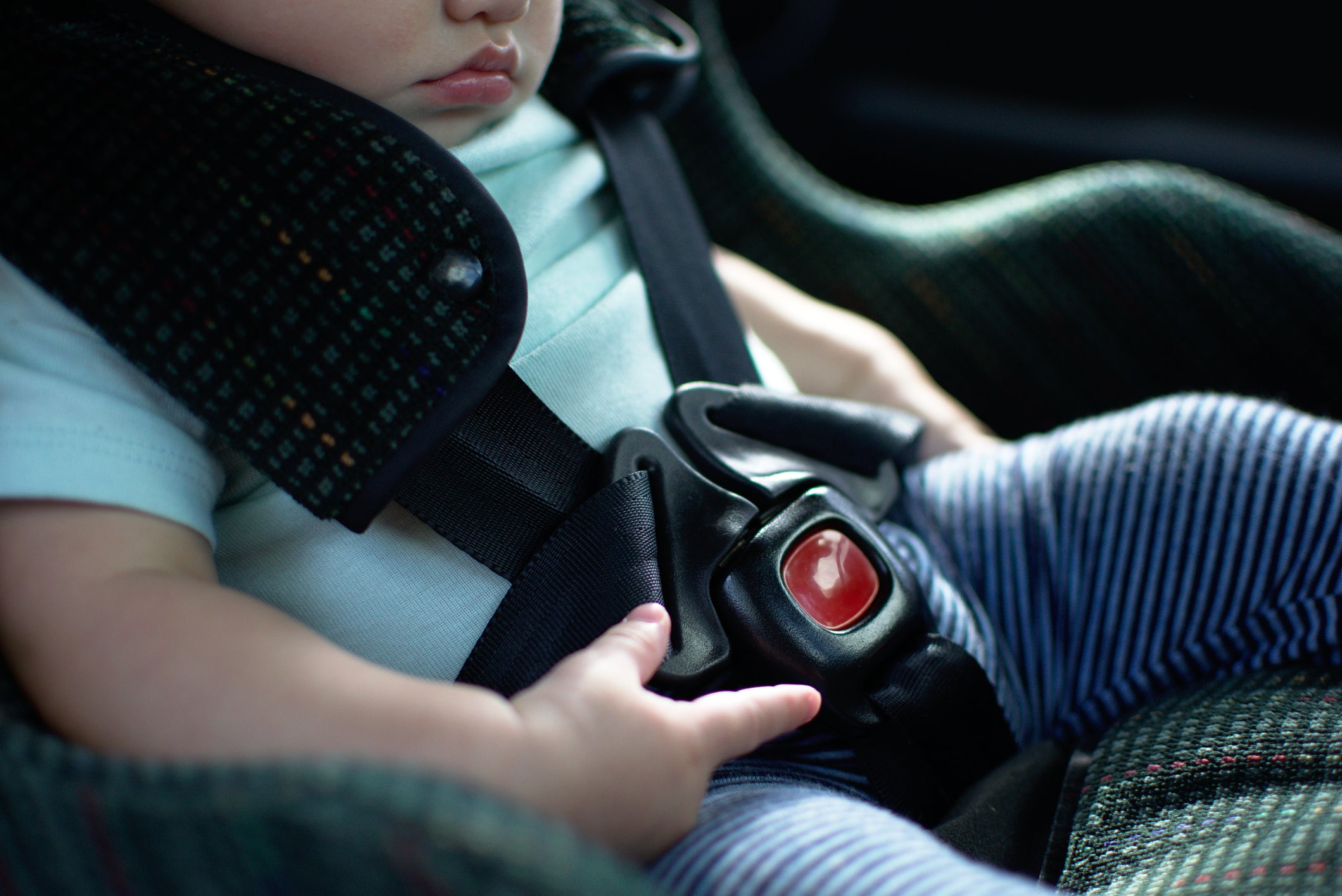Renee McCabe is keeping a concerned eye on predictions that temperatures will reach near 100 degrees in the Augusta area this week.
The concern comes with her job. She is the coordinator for Safe Kids of Greater Augusta.
She knows, even on a cloudy or mild day, the heat inside a closed car can easily exceed the outside temperature.
“There have been heatstroke deaths, even in when it’s 60 degrees outside out west, because the car temperature heats up. In just 10 minutes, it increases in 19 degrees,” she said.
MORE: Projecting public safety needs as North Augusta grows
Hots cars are particularly dangerous for children. Their body temperature increases at a rate up to five times faster than an adult. Children also do not have the same ability adults have to maintain their internal body temperature.
The website www.noheatstroke.org tracks the number of pediatric vehicular heatstroke deaths. It shows 907 such deaths between 1998 and 2022. Georgia ranks fifth highest nationwide with 35 deaths during that time. South Carolina had 22 deaths and is ranked 14.
“When we look statistically at what the causative factor is, a lot of people don’t believe this, it’s because, over half of them, somebody simply forgot. What happens in most of those cases is it was transporting the child to childcare and it’s a parent or a caregiver that doesn’t normally do that and they’re used to their routine,” McCabe said.
The South Carolina Department of Health and Environmental Control said 2021 was particularly deadly in the Palmetto State with three hot car deaths.
“Cracking a window doesn’t help,” Kevin Poore, director of Safe Kids South Carolina, said in a news release. “Heatstroke can happen anytime, anywhere. We don’t want to see this happen to any family, or any child. That’s why DHEC is asking everyone to help protect kids from this very preventable tragedy by never leaving a child alone in a car, not even for a minute.”
Safe Kids, a worldwide organization with more than 400 coalitions in the United States, created the acronym ACT to help parents and caregivers.
“The A stands for avoid heatstroke. You never want to leave a child, an elderly person, a dog in a car,” said McCabe. “The C stands for create reminders. They’re coming up with all these systems for cars, technology, to alert parents, but we always say you don’t want to rely on technology. We say create reminders, you know, put a stuffed animal in the front seat or people are so addicted to their phones, put your phone in the backseat.”

”T” is a reminder for the public to take action. If you see a child closed up in a vehicle, call 911 so emergency personnel can respond to the situation.
“That is probably the most critical message, the most critical lifesaving message that you could give,” McCabe said. “For a child, when their body temperature gets up to 104, their organs shut down. And when it gets up to 107, and that’s not 104 degrees outside or 100, that’s an internal body temperature at 107. They can’t live. It’s not viable to live.”
More information on child safety, including information on how to select and properly install car seats, is available at: https://www.safekids.org/ The website also provides information on how to contact a local Safe Kids coalition.
Dana Lynn McIntyre is a general assignment reporter for The Augusta Press. Reach her at dana@theaugustapress.com










